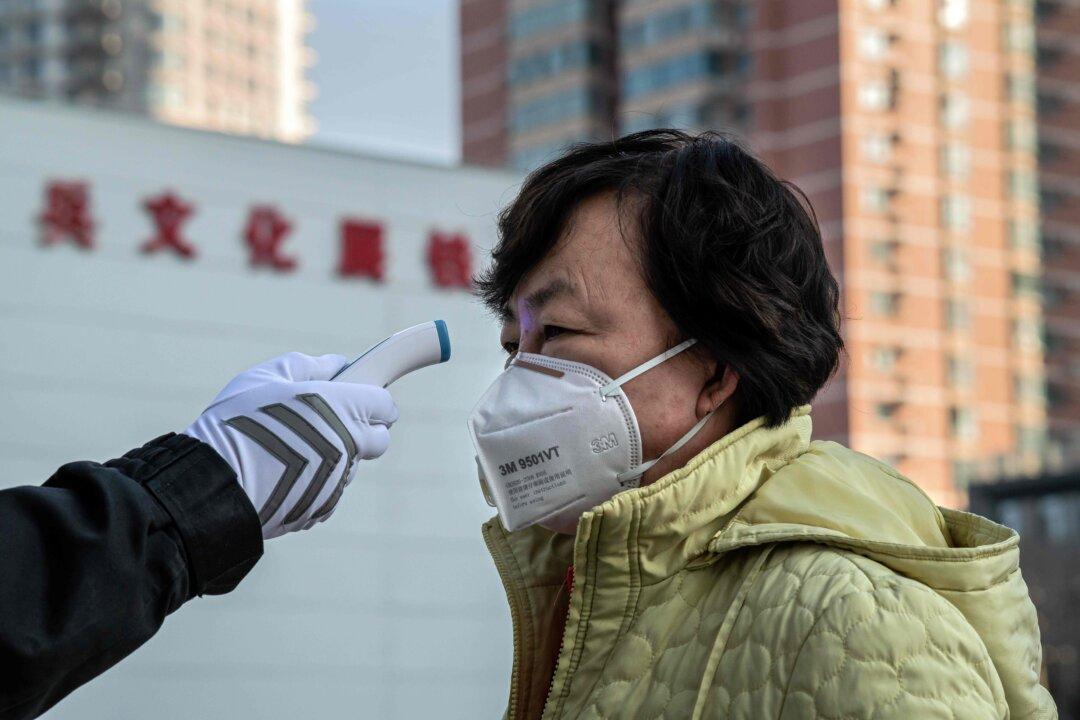In an effort to contain the spread of the coronavirus, China’s vice premier mandated on Feb. 6 that the Wuhan city government screen each resident’s body temperature by visiting their homes one by one.
Wuhan, where the virus first broke out, has roughly 11 million residents. Experts are skeptical that this new rule would be effective in containing the disease, while Chinese netizens are worried that the new regulation may inadvertently cause the virus to spread even more quickly.





